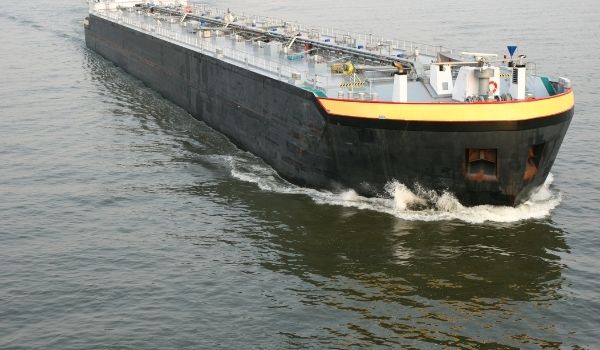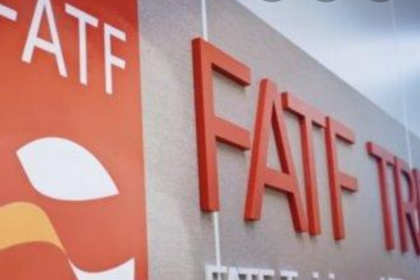CCoE to Okay measures removing oil import constraints
Aftab Ahmed
Islamabad: The Cabinet Committee on Energy (CCoE) is likely to approve a set of measures to ease oil import in Pakistan at Karachi Ports.
CCoE scheduled to meet on Thursday will consider these measures for formal approval.
Furthermore, the petroleum division has proposed different measures to remove constraints in the import of oil at ports in Karachi.
Pakistan oil import around 19 million tons of crude oil and petroleum products annually. All these imports are planned at the two ports of Karachi i.e. KPT and PQA/FOTCO.
But, the oil industry has highlighted various port constraints, resulting in wastage of time.
They are also causing delays in berthing vessels and consequent incidence of demurrage.
FOTCO jetty at Port Qasim has a designed capacity of 9 million tons per annum.
During the last two years, it handled 4.2 and 4.9 million tons respectively that amounts to half of the design capacity.
Oil Marketing Companies (OMCs) incurred demurrage to the tune of USD 9.7 million (about PKR 1.5 billion) during FY 2019-20.
Though the oil industry has adequate storage capacity at PQA.
FY 2019-20 is not a true reflection of demurrages impact due to depressed demand and reduced oil import in Pakistan following Covid-19 locks down.
The oil industry has done some further analysis with an objective to quantify the impact of factors.
Non-availability of night navigation, intermix handling, monsoon season, and traffic of LNG vessels were major factors.
They are currently impacting discharge capacity resulting in the handling of much lower tonnage. It is evident from the analysis that FOTCO is able to handle six million tons/120 vessels on annual basis.
This is with a single jetty, below the supply chain requirements of the industry and the country.
PARCO/PAPCO has completed its multi-grade movement projects.
It will transport petrol in addition to diesel. Presently, the oil industry handles petrol predominantly at KPT.
Commissioning of multi-grade movement is in progress, necessitating diversion of import handling. It will divert about 2.5-3.0 million tons per annum from KPT to FOTCO/PQA as the pipeline initiates at PQA.
But, this would result in higher demurrages at the expense of OMCs. It will cause a foreign exchange drain due to the discharge constraints at FOTCO/PQA.
Similarly, the oil industry has also raised some integrity and maintenance issues at Oil Piers (OP) 1, 2, and 3 at Keamari Port.
Presently, all three oil piers at KPT are operating at partial capacity mainly due to issues of loading arms and required repairs.
It is pertinent to mention that fully operational. Well-maintained oil piers are vital for efficient maritime receipt operations translating into improved product availability, efficient oil pier operations, and avoidance of demurrage/forex losses for the country.
The petroleum division proposed to direct the Ministry of Maritime Affairs to initiate/ensure the steps to improve the oil logistic chain for import in Pakistan.
a. FOTCO may be converted to a purely finished products/fuel jetty. Accordingly, Condensate/Naptha export vessels may be shifted from FOTCO/PQA to Keamari/KPT.
b. A dedicated Tanker Discharge Line from FOTCO jetty to White Pipeline may be installed to handle the discharge of petrol and diesel cargoes separately.
c. Night navigation facilities may be provided at FOTCO/PQA.
d. Implementation of channel widening plan of PQA for LNG vessels may be expedited. PQA has been charging an amount per vessel for this already.
e. Offshore sampling may be carried out in minimum possible time. This will reduce time at berth.
f. Construction of an additional petroleum jetty at Port Qasim may be expedited.
g. Necessary repairs/arrangements for integrity and maintenance at the three Oil Piers at KPT need to be ensured at early as possible.
h. Facilitation may be provided to PSO for its project relating to pipeline connectivity between KPT and PQA for flexibility of operations and security of supply chain of petroleum products.








